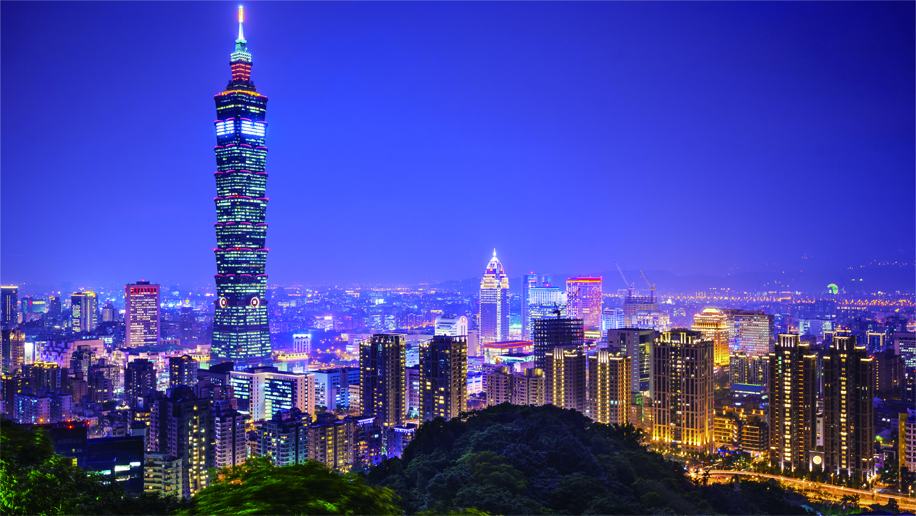Starting from June 22, Taiwan will begin allowing in business travellers from countries it has determined are low or medium risk, but travellers will have to be tested for Covid-19 and can apply for a shortened quarantine period.
The low-risk countries/regions include New Zealand, Australia, Macao, Palau, Fiji, Brunei, Vietnam, Hong Kong, Thailand, Mongolia, Bhutan.
Medium-risk countries/regions include South Korea, Japan, Malaysia, Singapore.
Taiwan’s Central Epidemic Command Centre (CECC) said travellers must have no history of travel to other countries in the last 14 days before boarding their flight to Taiwan.
Travellers will have to provide proof of testing negative for Covid-19 three days before their flight to Taiwan, a travel itinerary, “disease prevention plans”, and “documents prepared for the business visit by local companies”.
The CECC said the eligible travellers could be exempted from the 14-day quarantine requirement currently in place. Business travellers who wish to make short visits to Taiwan can apply for a shortened home quarantine starting from June 22.
Only travellers whose stay in Taiwan does not exceed three months can apply for the shortened quarantine period.
Business travellers who enter the country for “business activities, such as goods inspection, after-sale services, technical assistance and training, and contract signing” will be eligible to enter and apply for a shortened quarantine period.
The CECC explained in its statement that eligible travellers arriving from low-risk countries/regions may contact the “local health authority of the quarantine hotel at which they stay” to take a Covid-19 test after being quarantined for five days.
Meanwhile, those arriving from medium-risk countries/regions can undergo a Covid-19 test after seven days in Taiwan.
If they test negative for Covid-19, applicants can contact the local health authority to end their quarantine period and practice “self-health management” for 21 days instead of quarantining.
During the self-health management period, travellers will have to monitor their temperature every day and reply to text messages requesting an update on their health status. Travellers are also expected to record their daily activities, as well as people they have come in contact with, and “avoid public places and wear a mask at all times when going out”.


